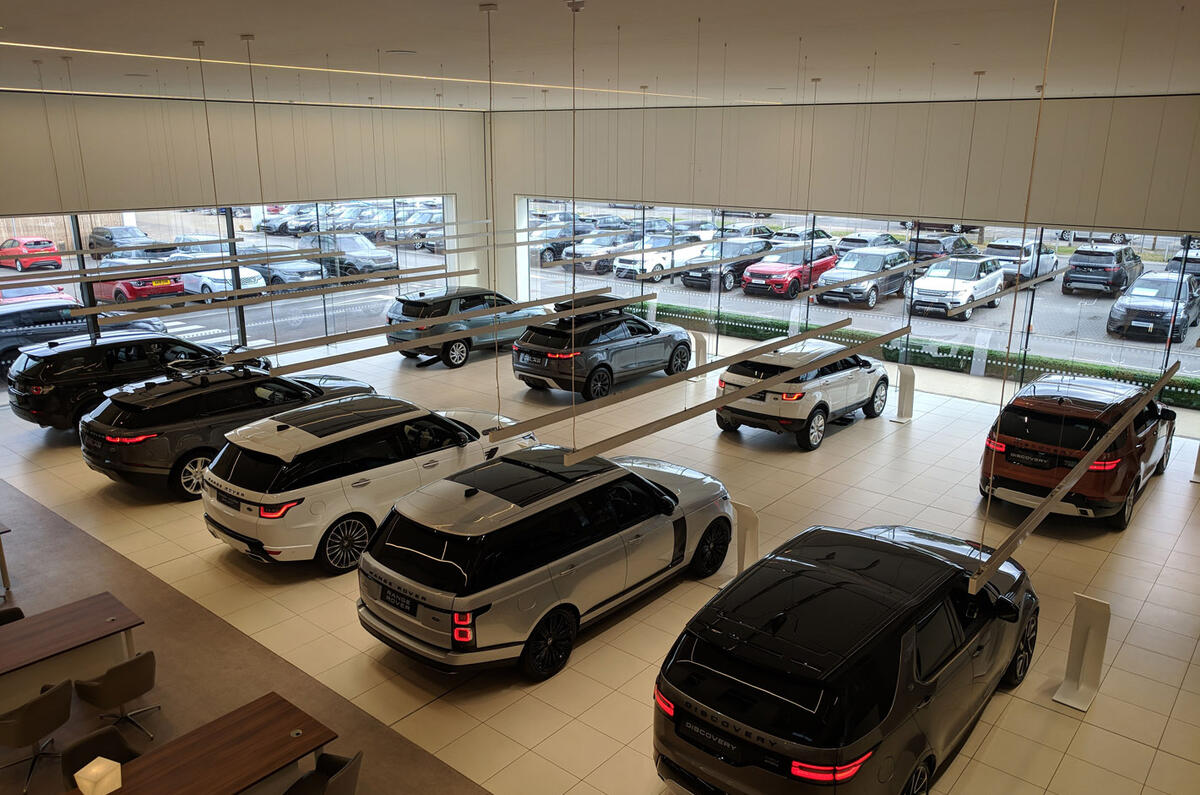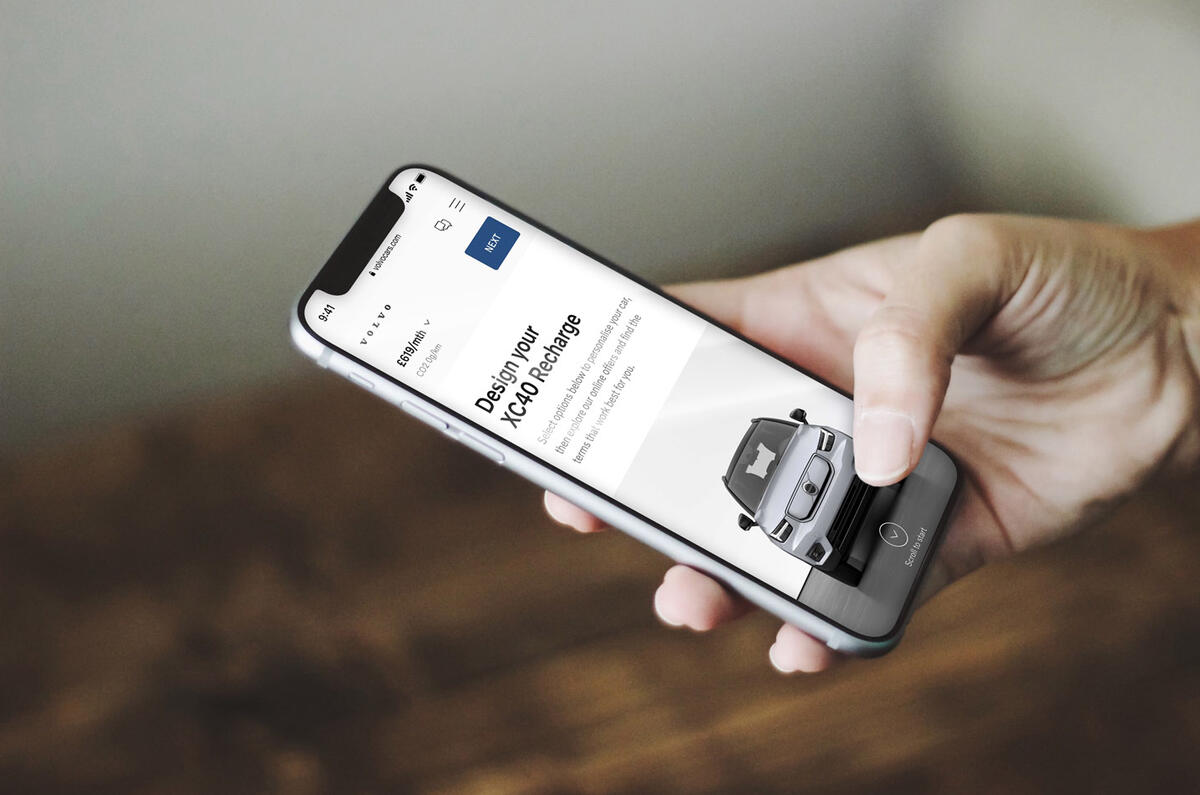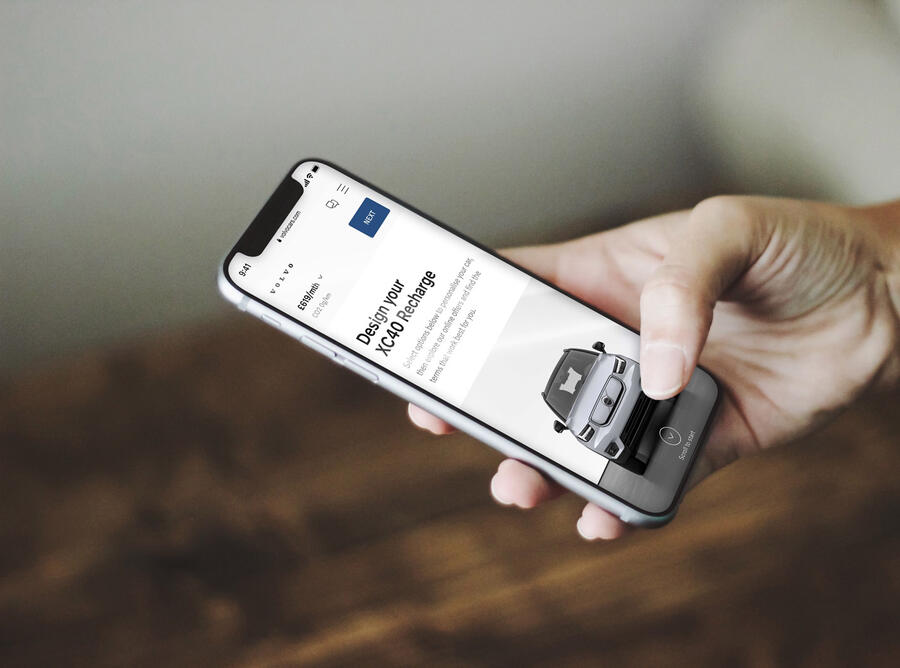The pandemic has caused big shifts in car buying, as retailers have adapted to click-and-collect services to keep their businesses going. But is the future really a digital one or will we still be visiting showrooms to buy our cars?
To discuss how we will buy our cars in the future for our latest Business Live webinar, Autocar was joined by Lex Kerssemakers, head of global commercial operations at Volvo Cars; Daksh Gupta, CEO of the Marshall Motor retail group; and Michelle Wells, marketing and communications director at Keyloop, which provides digital services for car retailers.
To receive the latest industry news, please click here to sign up to the Autocar Business newsletter
What’s been the biggest challenge in switching to a digital world?
LK: “Within Volvo, we want to create the best online/offline experience possible. At the end, it’s up to the consumer as to where he or she wants to go to buy, subscribe to or loan a car. So our challenge as a manufacturer is to ensure we have the systems in place, we have the digital infrastructure behind every moment the customer is entering our brand. The entrance point can be home, a Volvo retailer or a Volvo pop-up store; it doesn’t matter. And our biggest challenge is to make all those systems digitally connected and give them one language to get one message across.”
DG: “Yeah, I completely agree. We don’t know whether it’s going to be between 0% and 100% online or physical. I think it will be a hybrid of the two. And the key thing is that it’s about making that experience for the consumer seamless.
“Throughout the past 30 or 40 years, it has been exactly the same process. What has changed is the digital arena and how that influences the consumer and how they have the data at their fingertips. And I think it’s quite a difficult process for a consumer to navigate through.
“That’s not necessarily because manufacturers make it difficult or we as retailers make that difficult. Part of it is regulation: if you look at the number of forms that a consumer has to go through – the regulatory environment, the invoicing VAT purposes, the FCA requirements – it’s quite a tortuous process for them.
“I think one of the challenges is with previous ownership and with dealer management systems and their lack of investment. It’s why you have a proliferation of all these third-party software companies coming together and then [being] bolted on, which makes it even more complicated.”
MW: “I think that’s fair. One of the challenges the industry has is that it has a lot of data, but it’s not necessarily easy to turn that data into insights – things that are as simple as ‘I just got a lead from Carwow’. Did that turn into a sale?
“From a consumer perspective, the move from a product-centric approach to a consumer-centric approach is a big challenge. Consumers are a lot less brand-loyal than they might have been previously, and I don’t think anyone has really solved the challenge in understanding the features that are really important to a consumer. That’s a real gap.”
Keyloop’s research says 90% of people research a car online. Are they finding what they’re looking for, and are customers turning up better informed?








Join the debate
Add your comment
I can see why manufacturers want to change, however I wonder if like the recent fines the EU awarded to BMW and VW, there will be some anti-competition law broken?
As the text says, nothng much has changed in how we buy cars in the past 40 years but the information we have at our fingertips has. Where once we were reduced to a few adverts in publications such as Autocar to telephone brokers, you can now have a list of dicounted prices within seconds on any new car. And where once many cars were part-exchanged, the lid has been lifted off the money dealers make - a part-ex has been exposed as an expensive way to buy your new car.
If manufacturers go online however, the competition between dealerships disappear, so rather than compare your five nearest Volvo dealers or use a broker and compare Volvo dealers across the country, you end up with a fixed price.
I think these online proposals are defo anti-consumer, I hope government competition rules don't let them away with it.
I can by a Bosch drill from my local B&Q, Screwfix, Wickes, Asda, Amazon etc. Unless I misunderstand what the manufacturers are proposing here, they're telling me people wish to buy a Bosch drill from Bosch? Sorry but I just don't believe it.